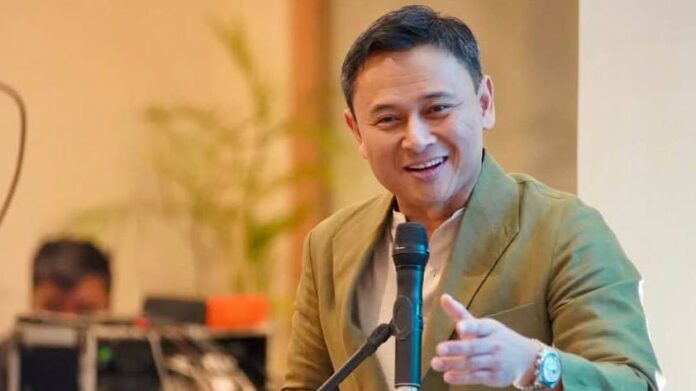Major business and education groups have thrown their full support behind Education Secretary Sonny Angara, endorsing the proposed P1.38-trillion allocation for the education sector in the 2026 national budget.
The move signals strengthened confidence in reforms being advanced under the administration of President Ferdinand R. Marcos Jr., as the Department of Education (DepEd) pushes transparency, data-driven planning, and deeper collaboration with stakeholders.
The Philippine Business for Education, Makati Business Club, Management Association of the Philippines, Coordinating Council of Private Educational Associations, and the Association of Foundations said continued trust in DepEd leadership is “essential to translating increased investments into real improvements for schools and learners.”
Angara welcomed the renewed backing. “The direction set by President Marcos to invest strongly in human capital provides us with the foundation to push reforms that matter,” he said. “Every peso must deliver impact — in classrooms, in communities, and in the lives of our learners and teachers.”
DepEd’s allocation under the Senate-approved General Appropriations Bill stands at P1.044 trillion. The Department echoed calls from the private sector to move education spending closer to global benchmarks while ensuring stricter transparency measures during bicameral deliberations.
Recent reforms — including the DepEd Open Data (Project BUKAS) platform, accelerated classroom procurement, and a shift to evidence-based policy design — were cited as part of the agency’s ongoing push to modernize governance systems. These initiatives come amid persistent challenges documented in national assessments and international studies, including low reading and math proficiency rates.
Angara also underscored the growing role of partnerships in delivering improvements. DepEd has expanded collaboration with business groups, philanthropic organizations, and multilateral partners such as UNICEF, World Bank, ADB, UNESCO, USAID, and SEAMEO-INNOTECH. These efforts support teacher training, digital learning tools, curriculum enhancements, and nationwide learning recovery programs.
“These partnerships help us rebuild confidence in the public school system,” Angara said. “They bring expertise, innovation, and accountability into the work of improving learning outcomes.”
He added that the strong endorsement from the country’s leading institutions indicates that the sector is moving toward a more stable, data-driven, and collaborative reform environment.







